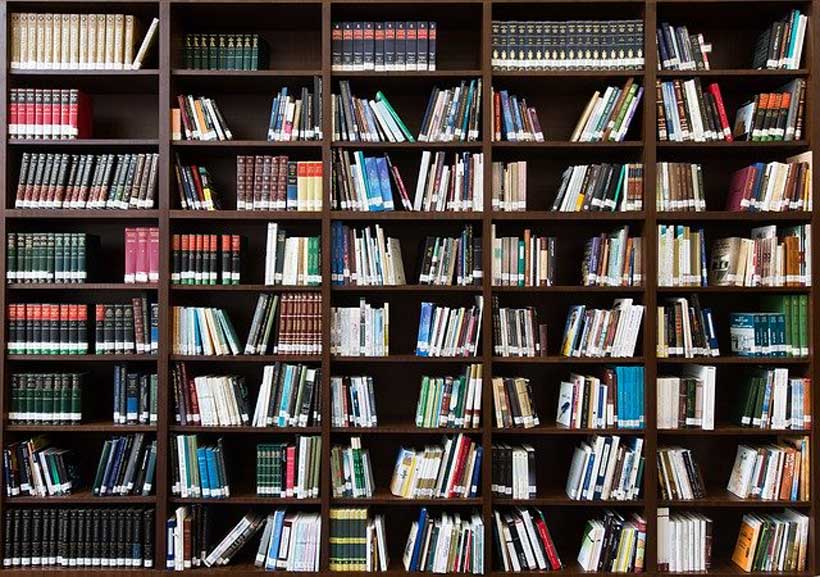The importance of student politics in Bangladesh is unquestionable, especially when considering the country’s path to independence. Amidst the Liberation War, students, led by Bangabandhu Sheikh Mujibur Rahman, performed a valiant role by actively supporting the cause of independence and making ultimate sacrifices on the battlefront. Their bravery and dedication served as an emblem of defiance and endurance, motivating future generations.
Student politics maintained its impact even after independence, particularly in the removal of military dictator General Ershad. The action and the determination of students were important in effecting political transformation and reinstating democratic governance in the country. Afterwards, students continued to actively contribute to molding the political environment by holding governments responsible and pushing for the rights of the people.
Nevertheless, student politics in Bangladesh has certainly encountered obstacles and censure, especially in the period after 2000. The reputation of student groups has been marred by instances of corruption, violence, and unethical conduct, raising worries about their integrity and efficacy. The participation of certain student factions in profit-oriented enterprises and immoral practices has overshadowed the entirety of the student political sphere.
Notwithstanding these difficulties, it is imperative to acknowledge that student politics continues to be significant and necessary for several reasons. First and foremost, students serve as the prospective leaders of the nation, and their active participation in politics offers significant training and experience that will form their leadership attributes. By engaging in student politics, young people acquire knowledge about democracy, government, and civic engagement, equipping them for future positions in public service and leadership.
Furthermore, student politics functions as a medium for expressing the worries and ambitions of young individuals, who frequently constitute a substantial proportion of the citizens. Through active participation in political action, students have the opportunity to champion causes that directly impact their fellow students and communities, so making a valuable contribution to the advancement and improvement of society as a whole.
The recent endeavors undertaken by the Bangladesh Chhatra League (BCL) exemplify the capacity for constructive influence and effective leadership within the realm of student politics. The praiseworthy endeavors of BCL members during and after the post-COVID-19 pandemic, which involves aiding farmers and assisting underprivileged areas, showcase the capacity of student organizations to make a good impact on society.
Nevertheless, student groups must confront internal issues and defend ethical principles to preserve their legitimacy and efficacy. Instances of violence, corruption, and misbehavior should be promptly acknowledged and denounced to guarantee that student politics continues to be a catalyst for constructive transformation.
The current debate involving student politics at the Bangladesh University of Engineering and Technology (BUET) highlights the intricate nature and difficulties encountered by student groups. Although there are valid worries regarding extremism and disruption on campus, it is crucial to acknowledge the significance of student activism in promoting critical thinking and civic involvement among young individuals. The recent court verdict confirming the entitlement to engage in political activities on campus underscores the need to maintain democratic norms and the ability to express oneself inside educational establishments.
The student political landscape in Bangladesh has seen significant changes over time, with a clear deviation from the ethical principles advocated by previous generations of student activists. Although there are worries about the integrity of student engagement in politics due to this transition, it is crucial to recognize the existence of outstanding student leaders who consistently maintain ethical standards and serve as good role models in the political arena. Nevertheless, there is an urgent concern surrounding the exploitation of student leaders by certain political forces, who manipulate their interests for personal or partisan advantage. Hence, it is crucial for political parties to exert watchfulness and accountability in their engagements with student leaders, ensuring that their participation in politics continues to be governed by values of honesty, responsibility, and sincere dedication to serving the public.
Undoubtedly, the significance of student politics in Bangladesh is undeniable, as it consistently exerts a pivotal influence on molding the nation’s trajectory and fostering democratic principles. Despite the presence of challenges like corruption and misbehavior, the potential for good influence and effective leadership among student groups is still considerable. By cultivating moral leadership, advocating for active participation in public affairs, and adhering to democratic values, student politics may persist as a catalyst for constructive transformation and advancement in Bangladesh. Political parties and educational institutions must prioritize and foster student action, acknowledging its significance in constructing a dynamic and inclusive society.
